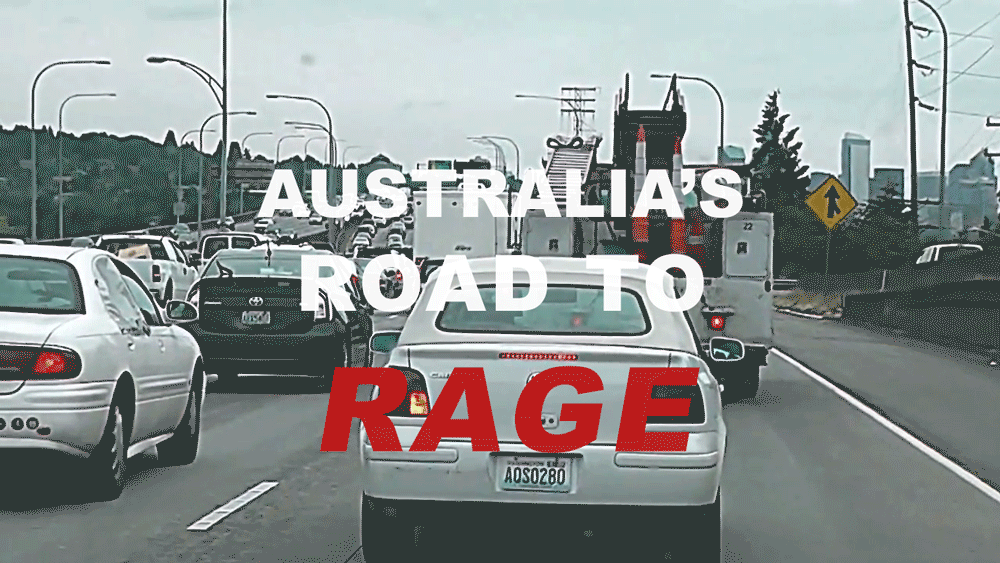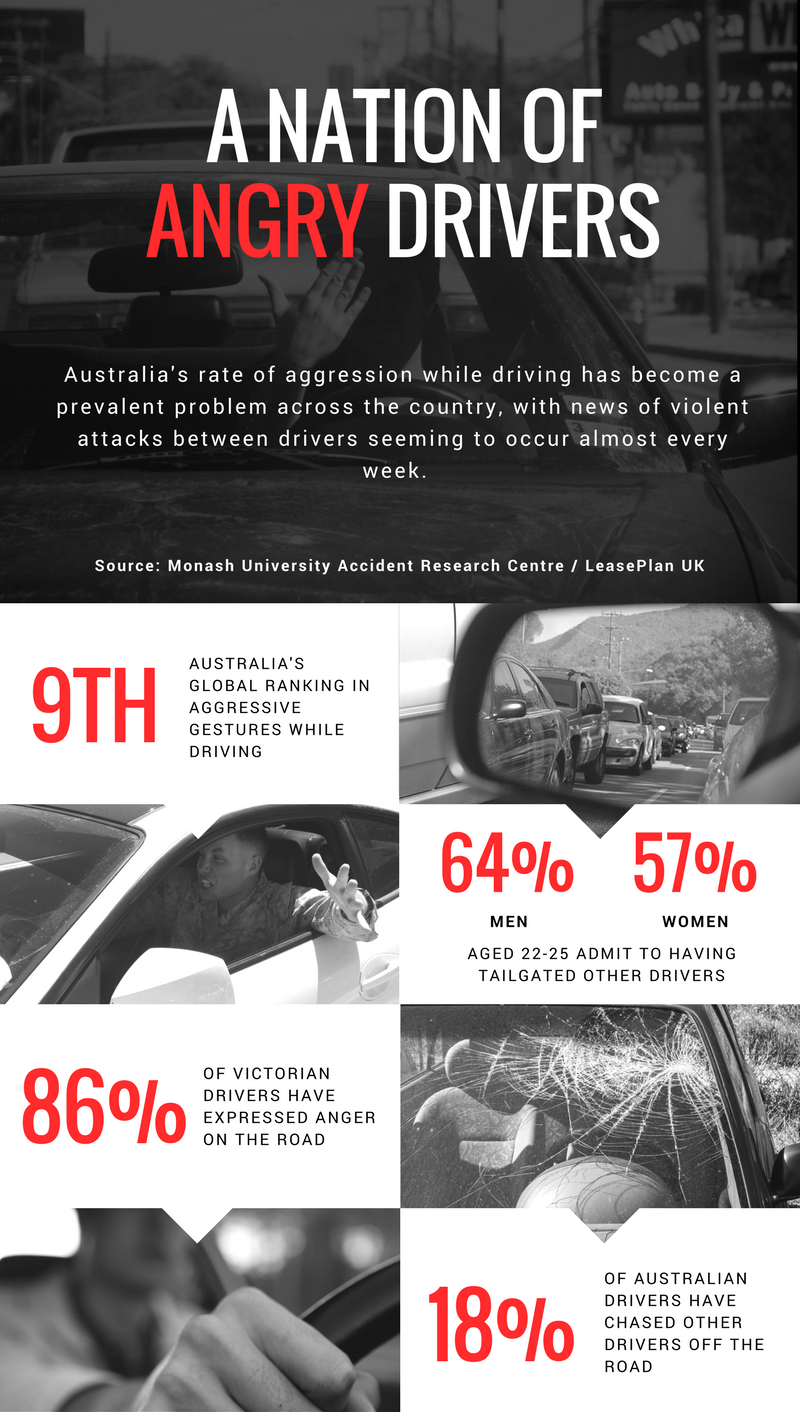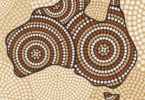
“I’ve pretty much grown up with road rage,” says 21-year-old driver, Courtney*.
In her childhood, Courtney hated to sit in the car with her dad because of his short temper on the road, but now, as an adult, Courtney estimates that she yells at other drivers at least once a month, usually on her daily commute to and from work.
“I’ve road raged a lot. It does feel like it’s part of the culture,” she says.
Recent findings by the Monash University Accident Research Centre reports that nine out of ten Australian drivers, and 86% of Victorian drivers, have road raged before.
There have been news stories of milder instances escalating to physical violence too, with a man stabbed to death, a woman punched in the face, and a brawl in peak hour Merrylands.
For a nation known for being easy-going and relaxed, Australia seems to transform into a spitting fist-shaker when put behind the wheel.
Dr Amanda Stephens, co-author of the study from the Monash University Accident Research Centre, says that for most, it’s all about the impersonal situation of being separated by a vehicle.

She adds that Australia’s aggressive drivers underestimate the risk of road rage because they often have friends and family who do the same.
“In other words, aggressive drivers are likely to find this behaviour socially acceptable,” she says, “and horn honking or verbal aggression (swearing at other drivers, for example) does seem to be more accepted on the roads.”
Stephens’ research is reflected in global rankings too, with Australia placing ninth for aggressive gestures while driving, just behind Italy and the U.S, according to a study by LeasePlan UK.
So, why are we so angry on the roads, or is it just the roads?
Journalist, lawyer and author Brigid Delaney realised Australia might be an angry country when she saw the comparative lack of road rage in Bali, Australians cursing at other travelers in an airport, and more Australians yelling at each other for standing too close.
In her piece for The Guardian, Australians are among the luckiest people on Earth. What are we so angry about?, Delaney writes, “There is in all this… an enormous sense of entitlement. It’s an entitlement that says: my comfort, ease, convenience, point of view and beliefs are more important than yours.”
Log in or sign up to view
See posts, photos and more on Facebook.
Adjunct Senior Research Fellow Helen Cameron from the University of South Australia says the high rate of road aggressions and frequent expressions of anger by Australians could also be attributed to the psychology of our society as a whole.
“Australia is one of the more expressive societies in terms of aggression, particularly males. They go to aggression as a response to dealing with situations,” Cameron explains.
If this is just the way Australia acts, then what can be done to help our angry Australia? Cameron suggests learning breathing techniques to “cool down” so we don’t “bubble into outright aggressive behaviour”.
For Dr Stephens, the answer to solving road rage “culture” and the entitlement that Delaney speaks of in Australia lies ultimately in awareness.
“We need to focus on changing the social acceptability of aggression, educate drivers about the risk and encourage the idea we share the roads,” she says.
So, next time someone cuts in front of you on a busy road, reconsider that brewing anger inside of you and reflect on just why you feel that way: Is it rational? Or are you just being an angry Australian?
*Names have been changed.
Audio credit: Klankbeeld @ Freesound






